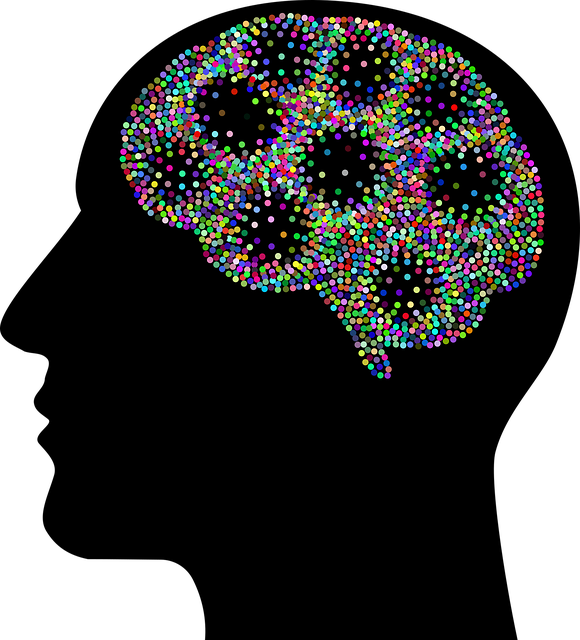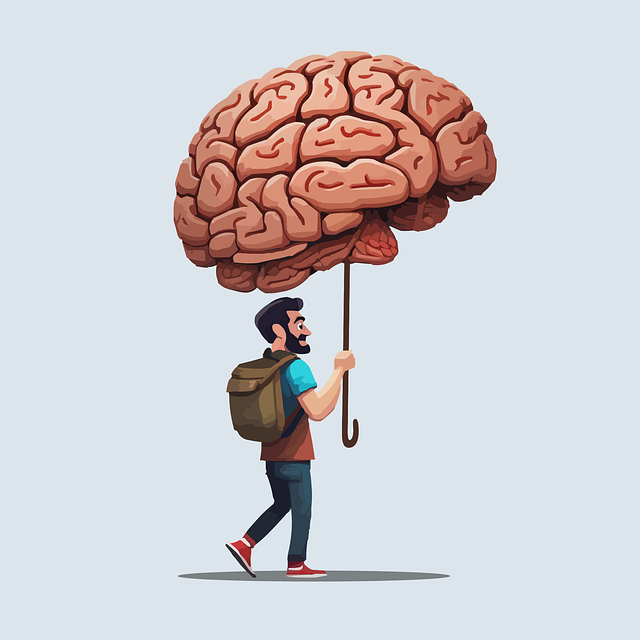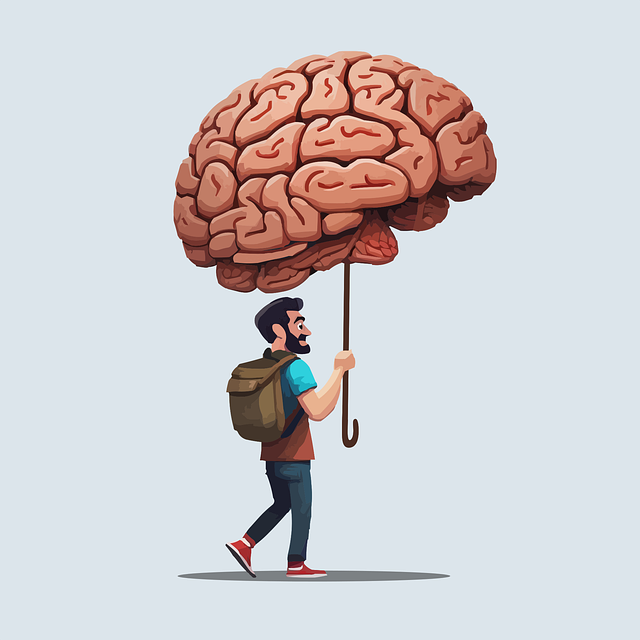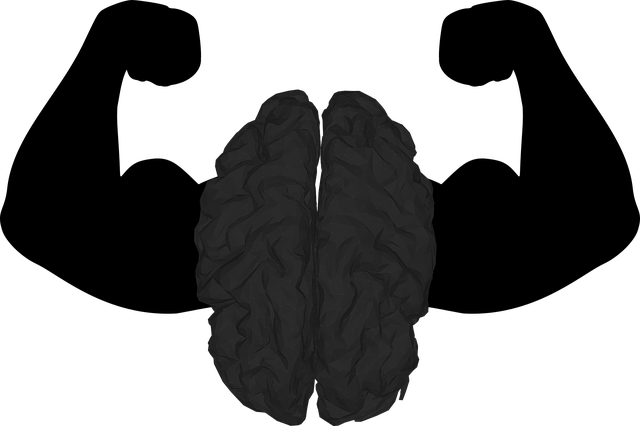Understanding mental health diagnoses is crucial for parents supporting their child's mental wellness. Lafayette Parenting Skills Therapy offers workshops, support groups, and coaching programs to educate parents on conditions like anxiety, depression, and ADHD, focusing on communication, empathy, and cultural sensitivity. Therapy, such as cognitive-behavioral therapy (CBT), empowers individuals to identify and challenge negative thought patterns, adopt coping mechanisms, and build resilience. A multifaceted approach including medication-assisted treatment (MAT), self-care, and community support is key to successful recovery. Lafayette Parenting Skills Therapy equips parents with strategies to aid their children's mental health journey, fostering strong support systems and raising public awareness.
Unsure where to begin navigating mental illness diagnosis and treatment for your loved one? This comprehensive guide is designed to empower Lafayette parents with the knowledge they need. From understanding complex mental health diagnoses, exploring effective therapy options, and delving into diverse treatment plans, we provide practical insights. Additionally, learn strategies for building robust support systems within your family, schools, and communities. Discover inspiring success stories of real-life individuals who have overcome challenges through various therapeutic approaches, including Lafayette parenting skills therapy.
- Understanding Mental Health Diagnoses: A Parent's Guide
- The Role of Therapy in Effective Treatment Plans
- Navigating Treatment Options: Medication, Counseling, and More
- Building Support Systems: Family, Schools, and Communities
- Success Stories: Real-Life Examples of Overcoming Challenges
Understanding Mental Health Diagnoses: A Parent's Guide

Understanding Mental Health Diagnoses is a crucial step for parents navigating their child’s mental wellness journey. It involves familiarizing oneself with various conditions, their symptoms, and available treatment options. Lafayette Parenting Skills Therapy offers valuable resources to help parents demystify this process. By attending workshops or joining support groups, they can gain insights into different diagnoses, such as anxiety disorders, depression, or ADHD, each with unique challenges and therapeutic approaches.
Empathy Building Strategies play a pivotal role in supporting children with mental health issues. Parents can learn effective communication techniques to create safe spaces for their kids to express their feelings. Moreover, exploring Cultural Sensitivity in Mental Healthcare Practice ensures that the family’s cultural background is considered during diagnosis and treatment, fostering more inclusive and tailored care. Additionally, Mental Wellness Coaching Programs Development can equip parents with tools to promote resilience and overall mental health within the family environment.
The Role of Therapy in Effective Treatment Plans

Therapy plays a pivotal role in developing effective treatment plans for mental illness. It provides individuals with a safe and supportive space to explore their thoughts, emotions, and behaviors. Through various therapeutic approaches, such as cognitive-behavioral therapy (CBT), psychodynamic therapy, or family-focused therapy, patients can gain valuable insights into their conditions. Therapists help clients identify unhealthy thought patterns, challenge negative beliefs, and develop coping strategies tailored to their unique needs.
In the context of Lafayette Parenting Skills Therapy, for instance, therapists often work with parents to enhance communication strategies, build empathy, and foster a deeper understanding of their children’s emotional needs. By integrating mental health education programs designed to promote self-care and family bonding, therapy becomes a comprehensive tool. Effective treatment plans are not just about managing symptoms but also empowering individuals and families with the skills to navigate challenges, improve relationships, and cultivate resilience in the face of mental illness.
Navigating Treatment Options: Medication, Counseling, and More

Navigating treatment options can be a complex task, especially when dealing with mental illness. Beyond traditional talk therapy, individuals often require a multifaceted approach to support their recovery. Medication-assisted treatment (MAT) has proven effective for many, combining prescription medications with counseling. This method is particularly beneficial for conditions like depression, anxiety, and substance use disorders. For instance, Lafayette Parenting Skills Therapy offers MAT programs tailored to individual needs, helping patients manage symptoms while learning coping strategies.
In addition to medication and therapy, self-care plays a vital role in mental health management. Developing a consistent self-care routine can include activities such as exercise, mindfulness practices, and engaging hobbies. Public awareness campaigns can help destigmatize these discussions and encourage individuals to seek assistance early. Furthermore, burnout prevention strategies for healthcare providers are essential to ensure they can offer their best care to patients navigating similar challenges.
Building Support Systems: Family, Schools, and Communities

Building a strong support system is pivotal for individuals navigating mental illness, especially in communities like Lafayette where access to specialized services can vary. Families play a crucial role in providing emotional support and encouraging treatment-seeking behaviors. Parenting skills therapy, tailored to address mental health concerns, can equip parents with strategies to help their children manage and overcome challenges. Schools also contribute significantly by fostering inclusive environments and implementing Mental Health Policy Analysis and Advocacy initiatives to ensure students receive appropriate support.
Community engagement is another vital aspect; local organizations and mental wellness podcast series production can offer platforms for raising awareness, sharing resources, and connecting individuals with similar experiences. Additionally, Mental Wellness Journaling Exercise Guidance can empower people to track their emotional well-being and progress during treatment. These collaborative efforts create a network of support that enhances overall mental wellness within the community.
Success Stories: Real-Life Examples of Overcoming Challenges

Many individuals facing mental illness find hope and healing through dedicated support systems and effective treatment plans. Consider the story of Sarah, a young mother in Lafayette who struggled with anxiety and depression after giving birth to her second child. She felt isolated, unable to connect with friends or family members due to her overwhelming emotions. With the guidance of a compassionate therapist specializing in Lafayette parenting skills therapy, Sarah embarked on a journey of self-discovery.
Through regular sessions focused on mental wellness journaling exercises and stress management techniques, she learned coping strategies to regulate her mood and gain control over her thoughts. Additionally, her therapist provided confidence-boosting guidance tailored to her unique needs. As time went on, Sarah’s symptoms improved significantly. She began reestablishing connections with loved ones, engaging in social activities once again, and most importantly, regained a sense of peace within herself. This transformation inspired her to share her story, encouraging others facing similar challenges to seek professional assistance without hesitation.
Mental health diagnosis and navigation of treatment options can be a complex journey, but with the right tools and support, it is possible to overcome challenges. By understanding mental health diagnoses through resources like “Understanding Mental Health Diagnoses: A Parent’s Guide,” seeking effective therapy, exploring diverse treatment plans including medication and counseling, building strong support systems within families, schools, and communities, and celebrating success stories, individuals and families can find hope and healing. Lafayette parenting skills therapy, when combined with a holistic approach to mental health care, empowers those facing diagnoses to lead fulfilling lives.














